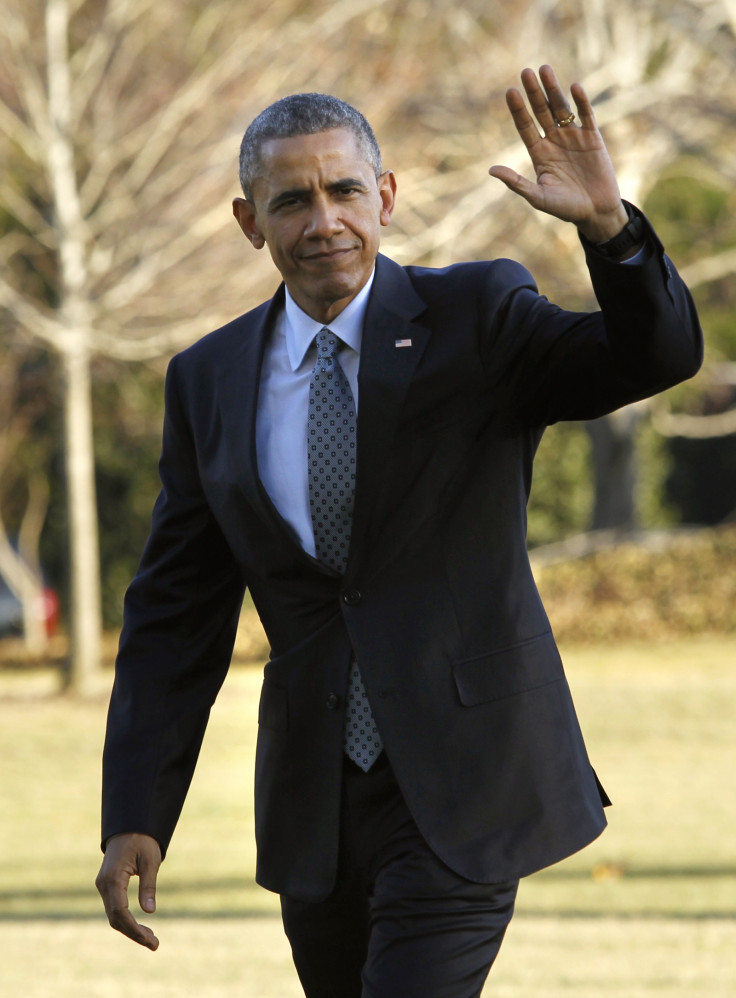US Supreme Court decisively backs Obamacare in major ruling

In a major victory for the Obama administration, The US Supreme Court has decisively tossed out a Republican-led legal challenge to Obamacare that would have gutted the nation's affordable health insurance law.
"This was a good day for America," President Barack Obama said at the White House, reports ABC News. "After multiple challenges to this law before the Supreme Court, the Affordable Care Act is here to stay." Had the court thrown out federal insurance subsidies for lower income Americans, "America would have gone backwards; that's not what we do," he added.
The 3-6 court court decision in King versus Burwell ensures that Obamacare mandating health insurance for all Americans will remain intact at least until after the 2016 elections. The longer the law exists and the more Americans who come to rely on it for health insurance, the less likely its chances of every being overturned.
The law gives states the option to create their own healthcare marketplaces or to simply use one operated by the federal government. Thirty-four states rely on the federal exchange, and more than six million lower-income Americans are now receiving federal subsidies for insurance. An additional four million have signed up for Obamacare.
The challenge to the law focused on some ambiguous language concerning the different systems in a bid to gut the programme. Lawyers for a Virginia limousine driver argued that he could not be forced to participate in the programme because his state had not established its own insurance marketplace, and the law specifically refers to an exchange "established by the state." Supporters have argued that law intended to include both state governments and the federal government under the umbrella of "the state."
Ambiguous text
"Given that the text is ambiguous, we must turn to the broader structure of the act to determine the meaning," wrote Chief Justice John Roberts in a passage that represents a huge victory for the Obama administration.
"Congress passed the Affordable Care Act to improve health insurance markets, not to destroy them. If at all possible, we must interpret the Act in a way that is consistent with the former, and avoids the latter. Section 36B can fairly be read consistent with what we see as Congress's plan, and that is the reading we adopt."
To re-interpret the intention of the law would represent an unconstitutional challenge to the power of the legislature, Roberts noted.
"In a democracy, the power to make the law rests with those chosen by the people," Roberts said. "Our role is more confined – 'to say what the law is,'" he added, quoting from an 1803 case.
Law rewrites tax-credit provisions
In the dissenting opinion, Justice Antonin Scalia blasted the decision, saying it in effect "rewrites the law to make tax credits available everywhere. We should start calling this law 'SCOTUS [Supreme Court of the US] care.'"
Opposition to the law will continue to be a major issue among conservatives in the upcoming presidential election.
"I disagree with the court's ruling and believe they have once again erred in trying to correct the mistakes made by President Obama and Congress in forcing Obamacare on the American people," said presidential candidate Marco Rubio, who said he is determined to repeal the law.
© Copyright IBTimes 2025. All rights reserved.





















